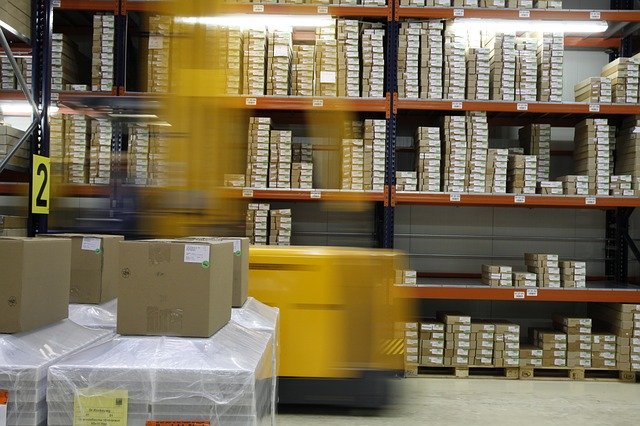I hate to be the bearer of bad news. Yet the truth of the matter is that disasters happen in business all the time. In fact, it is not so much a case of what to do if a disaster strikes. Instead, you need to be planning for when it inevitably hits. Fortunately, that is precisely what you can find advice on in the post below. Therefore all you have to do is keep calm, keep reading, and carry on.
IT crashes

One of the most common disasters that a business can encounter is that their IT system goes down. Sadly, when this happens, it is no longer just a matter of catching up on delayed emails when things get back up and running again. In fact, because many companies client-facing and internal systems rely on their IT system, productivity can grind to a halt. With the potential for valuable data including customer databases, and other intellectual property, to be lost as well.
With that in mind, if you want to be able to keep calm and carry on in the face of an IT crash, there are a few things you need to do. The first is to make sure that your system is designed with a certain level of redundancy included. Something that means it is much less likely to run into problems that will cause it to fail.
Additionally, using an IT management service that specializes in Disaster Recovery & Business Continuity is a wise choice indeed. In fact, by doing this, you can prevent the permanent loss of any valuable data and ensure that your system will be back up and running in the shortest time possible.
Supply chain failure
Businesses need supplies to run. Although, these come in many forms from pens for the office, to massive industrial machines designed to automate entire processes. Of course, what this means is that if your supply chain fails, your company is in danger of grinding to a halt. In fact, the likelihood of this increases the more specialized or rare that the supplies you need are.

To that end, be sure to choose reliability over an offer of the lowest price per unit, if you want to make sure your business can continue on. Additionally, stockpiling any special or rare items can provide you with a buffer that will lessen the effect of any supply chain issues. Similarly, investing in training for your employees that will allow them to repair intricate pieces of machinery instead of replacing them is a smart move here as well.
Loss of a critical employees
Finally, your company may grind to halt if you have the misfortune to lose a critical member of staff. Unfortunately, this is something that happens regularly with people being promoted, moving to another company, and the like.
Therefore you need to ensure no one person is so critical to operations that their loss will bring you to your knees. Something that you can do by spreading out responsibility for specialized tasks. In fact, by doing this, you can make sure your business can carry on and keep calm, even in the face of this potential crisis.

No comments yet.